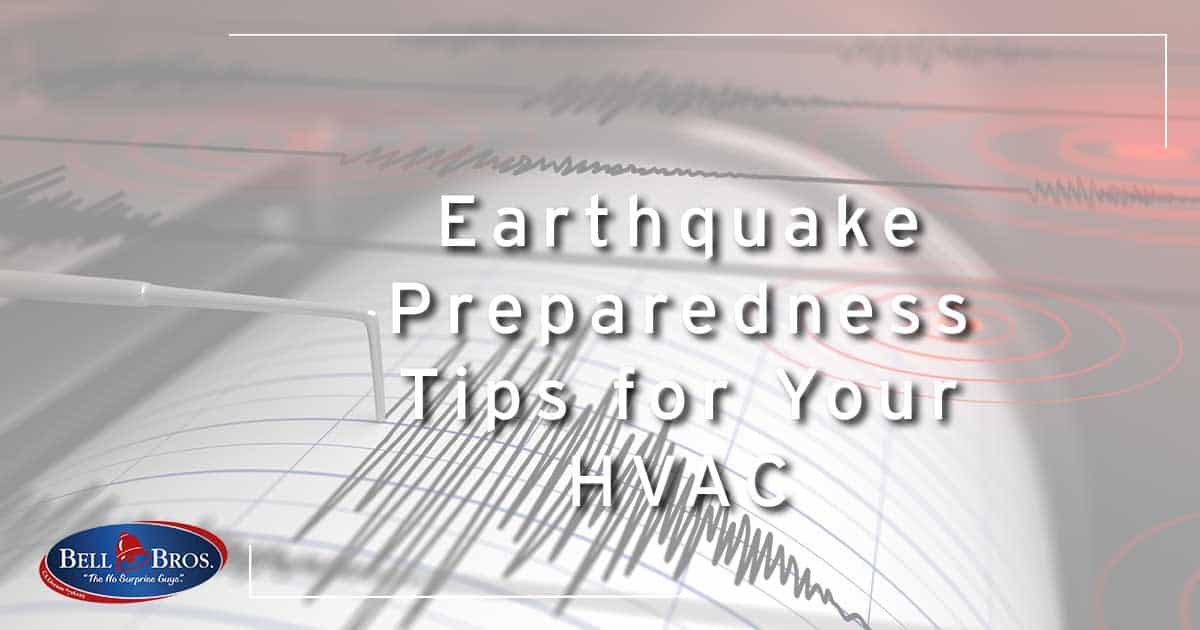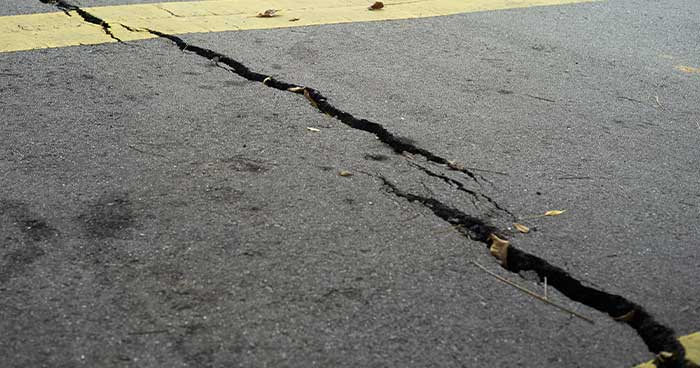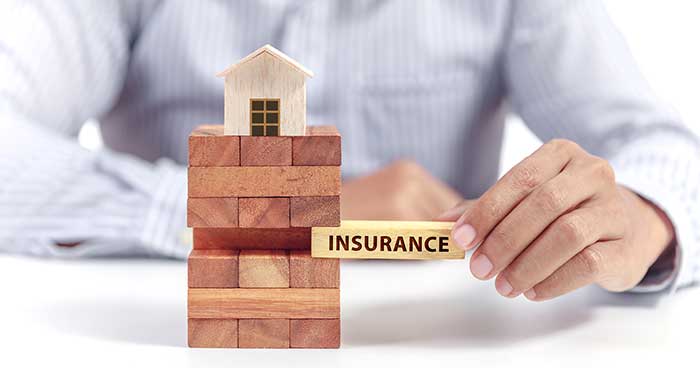Earthquake Preparedness Tips for Your HVAC

Part of living in California is just accepting the possibility of earthquakes. These natural events can do serious damage to your home and everything in it. While most people prepare the contents in their home for earthquake damage—think bookshelves, TVs, storage, etc.—appliances are often overlooked. Here are some of our favorite earthquake preparedness tips for your HVAC system.
How an Earthquake Can Damage Your HVAC System
- Movement – The concrete pad under your condenser isn’t enough to keep it in place. We’ve seen even the biggest condensers knocked off their pads. The same can be said for furnaces. When a quake rocks your HVAC system, parts inside can come loose or be damaged. This includes the fan, motor, coils, electric wiring, or burners.
- Exterior Damage – The other big thing you need to watch for are falling objects. Anything heavy can break the gas line, refrigerant line, or damage electrical wiring. It’s important to know where your gas line is located because even the smallest of gas leaks could pose a health risk to your entire family.
What to Look for After an Earthquake in the Sacramento and the East Bay Areas
Any time there’s an earthquake, it’s important to go out and see if there is any damage. No matter how big, or small, the quake is, something could always break.

Start by conducting a visual inspection of the exterior of your furnace and condenser. Do you see any obvious scrapes or dents? That could be a sign something fell on your system.
The next thing you should look at are the external lines. This includes condensate, refrigerant, and gas lines. Call an HVAC professional ASAP if you see anything obviously cracked or broken.
Don’t forget to look at what ductwork you can visually inspect. Ducts, or ductwork, are flexible metal tubes that distribute temperature treated air throughout your home.
With enough time and use, ducts can become delicate. The vibration and movement from an earthquake can break holes in ductwork.
Be Mindful of Potential Gas Leaks
One of the most important things you’ll want to inspect after an earthquake is the gas line. You should immediately turn off the gas if you see any damage to the line.
No matter how small the hole or puncture is, a gas leak of any size can fill your home with carbon monoxide. This noxious gas can have major health complications for your entire family.
An Ounce of Prevention is Better Than a Pound of Cure
Some of our preferred ways to reinforce your equipment are:
- Vibration Isolators – No matter how big the earthquake is, it can do some damage to your HVAC equipment though vibrations alone. Because of this, we like vibration isolators. These small springs are installed under your condenser and even in the fan if your unit is big enough. These springs absorb some of the vibration and shock from a quake so that your system doesn’t get too shaken up.
- Restraint Brackets – These are little brackets that are affixed to the corners of your condenser and furnace. They work with the vibration isolators to help absorb any shaking or shock caused by the quake.
- Flex-Line Piping – Usually, the lines that transport gas and refrigerant don’t have a lot of flex to them. This brittleness makes them easy to break during an earthquake. Flex-line piping are small parts an HVAC tech can put in your lines that’ll help them bend to accommodate the movement that comes along with an earthquake.
Earthquake Preparedness Tips: Protect Your Home, Protect Yourself
 Before the next earthquake, check your homeowners’ insurance and see what it covers. Most policies will cover damage from a fire or storm, but not from an earthquake.
Before the next earthquake, check your homeowners’ insurance and see what it covers. Most policies will cover damage from a fire or storm, but not from an earthquake.
To protect your home and belongings, you’ll either need to negotiate when it’s time to renew your policy or find another insurance company to provide earthquake coverage.
The California Department of Insurance sells earthquake policies. When shopping for insurance, there are three things you want to look for. They are:
- Dwelling Coverage – As the name implies, dwelling coverage will cover damages to your home and appliances. Including your HVAC system.
- Personal Property Coverage – Personal Property Coverage will take care of damaged possessions within your home. Speak with an insurance agent about how much your policy covers.
- Additional Living Expenses – If damages are bad enough and your home needs extensive repairs, this coverage will help pay for hotel or other lodging expenses.
Worried your system is all shook up? Call the experts at Bell Brothers!

